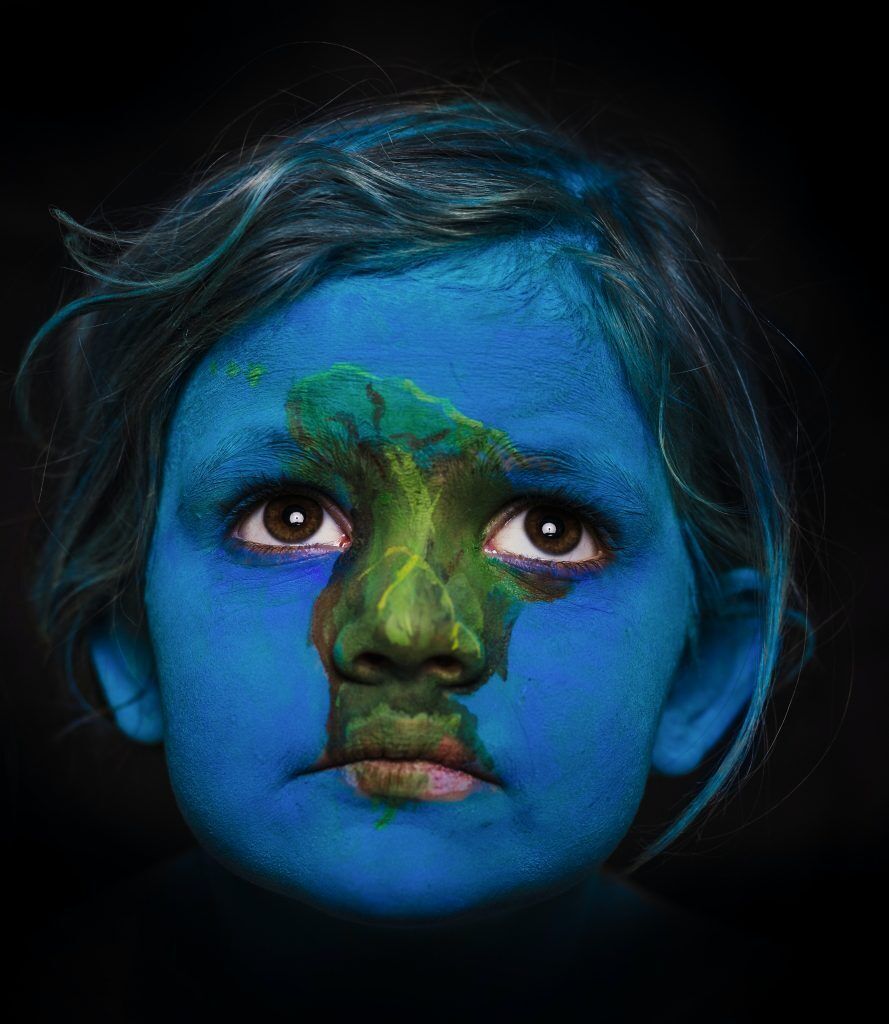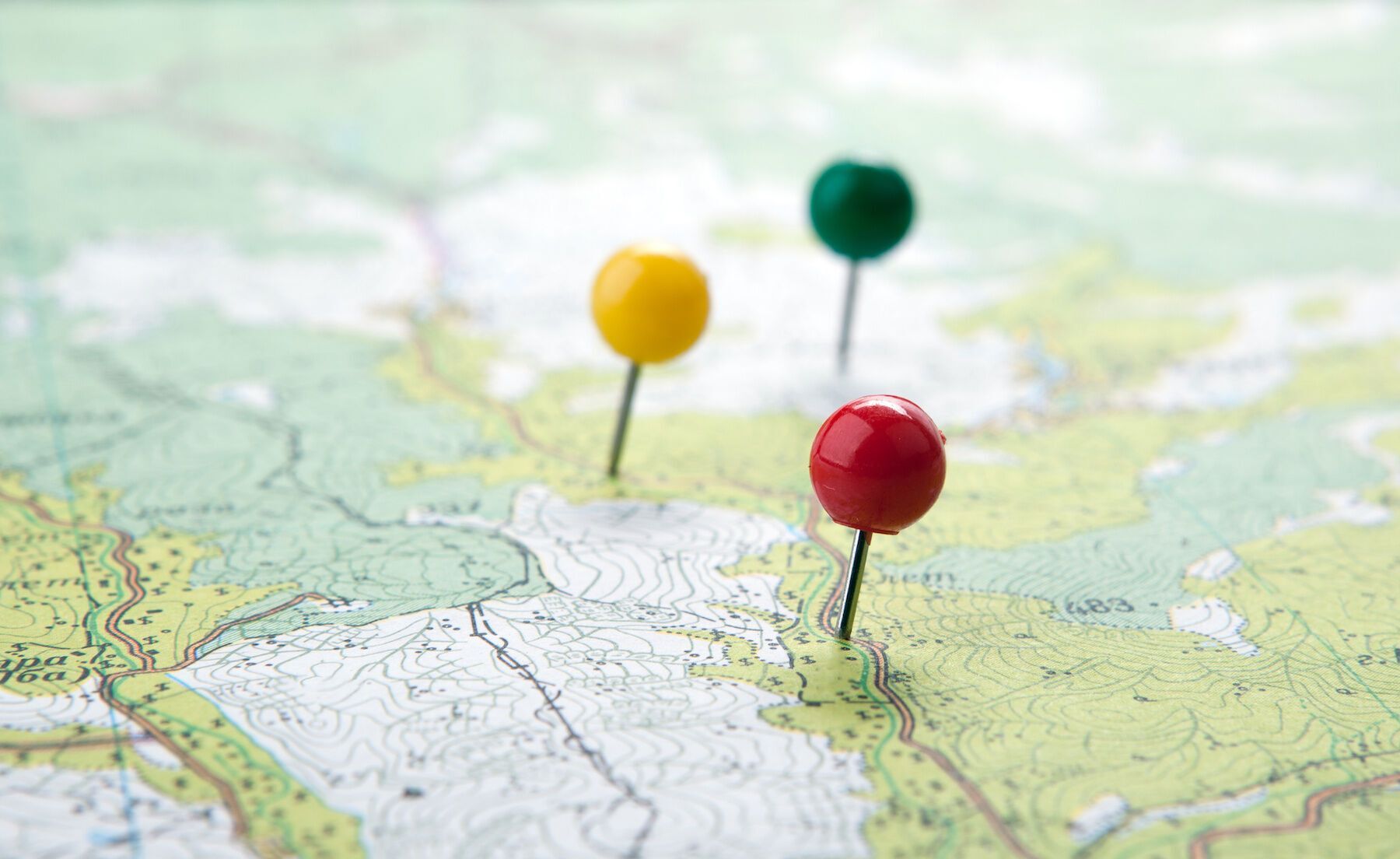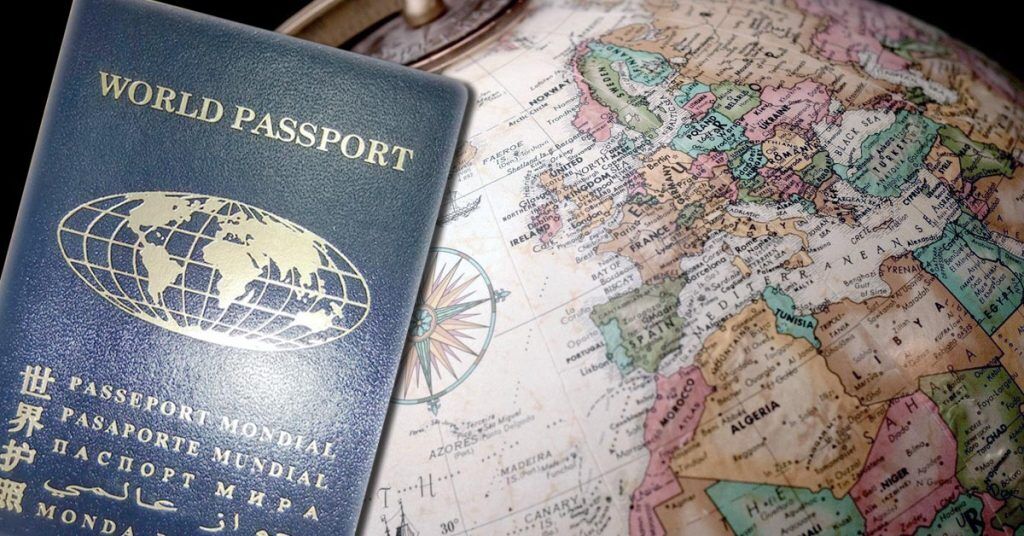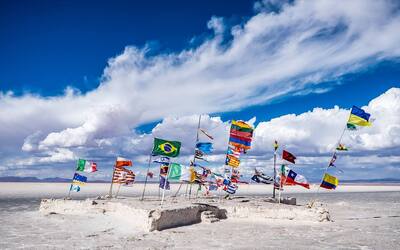The Oxford Lexico Dictionary defines a citizen of the world as a person who feels at home in any country. However, this phrase encompasses a broader concept of worldview and cosmopolitanism, which prioritizes the global community over individual nations.
About whom Cosmopolitans are, what is the theory of flags and how to get a passport of a citizen of the world – in our material.
Who is a Citizen of the World?
For a citizen of the world, belonging to the world community as a whole is higher than belonging to a particular nation. It not only identifies with the global community, but also contributes to the formation of its values and practices.
If you think that citizens of the world are just people who travel around the planet without staying in any country for a long time, you are mistaken. A citizen or person of the world is a Cosmopolitan, a supporter of an ideology, the first representative of which was proclaimed by the ancient Greek philosopher Diogenes. Cosmopolitanism puts the interests of all mankind above all else, and not individual countries.
According to cosmopolitanism, a person is a free person. He is free to choose a home or place for business. He can go anywhere in the world at any time without losing anything.
For a citizen of the world, personal sovereignty is important — only they can manage their body and life. No one else, no government, no company or corporation, no politicians or religious figures have the right to do so.
But this is not all. A citizen of the world treats every nation and culture with equal respect. It supports and helps in addressing global issues that affect the entire world – from fighting poverty and protecting the environment to promoting gender equality.
Global citizens are trying to make the world a better place. Keep up to date with global and local events, take an active part in social life, and help solve social problems – at the level of both a small town and a mainland.
A citizen of the world prefers to study everywhere and everything. The coronavirus pandemic has brought the modern system of remote education to almost ideal, so a citizen of the world collects knowledge from different countries, from different peoples and cultures. Thanks to this approach, a citizen of the world can look at each problem from many angles at once, think more critically, and work perfectly with other people from anywhere in the world. This is a great help in your career and business.
And finally, a citizen of the world, as an active supporter of globalization and a resident of the planet, actively uses visa-free agreements, tax benefits, political and social circumstances of various countries, choosing those that best suit him.
Theory of 7 flags
The modern state controls every person as much as possible. Educational program in schools — approved by the state. The quality of medicine is controlled by the state. The right to violence belongs exclusively to law enforcement agencies. Taxation is established by those in power. Everything from market prices to utility bills belongs to the state. And a person who was born and lives all his life in one particular country is forced to play by the rules established by the authorities of this state. Is it possible otherwise?
This question was asked back in 1964 by Harry Schultz. He was an entrepreneur, investor, and high-paid investment adviser of his time-in the '90s, an hour of his time cost $4,500.
Schultz managed to implement the ideals of cosmopolitanism in the modern world, creating the theory of flags. It is based on a free life due to the presence of passports of several countries. In fact, – world citizenship. Schultz proposed the term "eternal tourist" — a person who lives not in a particular state, but on the Whole Earth at once. In one country — builds a house, in another – opens a business, in the third – gets a passport, and so on.
The theory of flags, Schultz believed, requires compliance with several simple conditions: to have a second passport, to have a safe place to store basic assets, to register a legal address with the tax service outside the country of primary citizenship.
Initially, Schultz suggested three "flags" that were proposed to be placed in the respective countries. Later, writer William J. Smith Hill (alias) added new flags to the concept, turning it into "Six Flag theory". Well, in the modern world there are already seven flags.
- First flag "citizenship" — choose the country which passport allows you to enter the largest number of countries without a visa. Two more requirements for this country are allowed dual citizenship and minimum taxes. Similar conditions are offered by several European countries as well as Caribbean countries.
- Second flag "residency" is an official (not actual) country of residence. It is best to choose a state that does not tax profits received abroad for this flag. There are enough such countries all over the world.
- Third flag "business" — select country where your business grows, develops and earns money. The main requirement is the ability to manage the company remotely.
- Fourth flag "assets" — choose countries where bank accounts are opened most banking operations are conducted funds are managed both personal and business assets can be stored here.
- Fifth flag "life" — pick a country where you will be comfortable language that you know culture that suits you, the most important thing for this flag.
- Sixth flag "information" — choose country whose jurisdiction your business's internet resources and yours personally operate, this means it should be a state where system protecting information network user rights maximally developed.
- Seventh flag "digital assets" — latest point flag theory cryptocurrencies mean instant transfers anonymity, easily controlled contracts independence from government regulators.
Who needs citizenship of the world?
If you:
- want to travel freely around globe;
- don't put up with tax pressures in one country;
- plan open business country where your business will be safe, profitable as possible;
- want to live where you want, not where you can;
- dream give your children the best possible education guarantee calm confident future;
- take only the best out of life;
- don't want to depend on the politics of your home state;
Then you require global citizenship. By becoming a true global citizen, you can easily complete all the above points to turn into a truly free person.
The Passport of a Citizen of the World
The theory of flags, which was developed by Harry Schultz and later expanded by William J. Smith Hill, proposes that a person can achieve true freedom and flexibility by holding citizenship in multiple countries. This concept is often referred to as a "citizen of the world," and it involves obtaining passports from different countries to gain the benefits of dual or multiple citizenship.
To become a citizen of the world, individuals must first obtain a passport from a country that allows visa-free travel to the largest number of countries. This passport serves as the "flag" for the individual's global citizenship. The theory of flags also suggests that individuals should have a safe place to store their basic assets, register a legal address with the tax service outside their country of primary citizenship, and establish a business flag by registering a business in a country where it can operate remotely with tax benefits.
Several countries offer citizenship or residence permits in exchange for investment, which can be used to obtain a second passport. The oldest citizenship by investment program in the world is found in Saint Kitts and Nevis, which has been operating since 1984. Other Caribbean countries, such as Dominica, Grenada, and Antigua and Barbuda, also offer similar programs.
In Europe, Montenegro offers citizenship through investment, and several other European countries offer residence permits or permanent residence in exchange for investments. The most popular "golden visa" program in Europe is found in Portugal, but individuals should also consider permanent residence options in Cyprus, Malta, Greece, and Italy.
It is recommended to use licensed migration agencies to obtain a second passport or citizenship, as they can provide more reliable and easier services. Some countries, such as Saint Kitts and Nevis, do not allow individuals to apply for citizenship independently without the participation of a migration agent.
Since 2012, Migronis has been helping people worldwide become citizens of the world. The company's founder, Anatoly Letaev, developed the theory of flags into a philosophy known as Freedom Unlockers. The community aims to promote global citizenship and provide individuals with the tools they need to achieve true freedom and flexibility.
Frequently Asked Questions
Which countries recognize the passport of the world?
- Officially, the passport of a citizen of the world is recognized by the Republic of Ecuador, Islamic Republic of Mauritania, Togo, Tanzania, Burkina Faso, and Zambia.
- On the other hand, the United States of America, Canada, Great Britain, Germany, France, and Switzerland do not recognize this document as having legal force.
The legal status of the passport of a citizen of the world in many countries remains unclear. While statistics show that 187 countries have granted entry visas to holders of this passport at least once, it is not a guarantee that it will be recognized as a full-fledged travel document in these countries. As such, it is essential to exercise caution and realistic expectations when relying on this passport for international travel.
How much does a world passport cost?
The price of a world passport depends on its validity period and ranges from $1,125 (valid for three years) to $5,500 (valid for 15 years).
What does it mean to be a global citizen?
Being a global citizen means being free from dependence on a particular government, traveling without borders, separating one's place of business registration from one's official and actual place of residence, and being able to pay taxes in different countries.
How to become a citizen of the world?
According to the "flag theory", becoming a citizen of the world requires acquiring a second passport (or more) and establishing "flags" in different states. These "flags" include a safe country for storing basic assets and registering a legal address with the tax service of another country.














